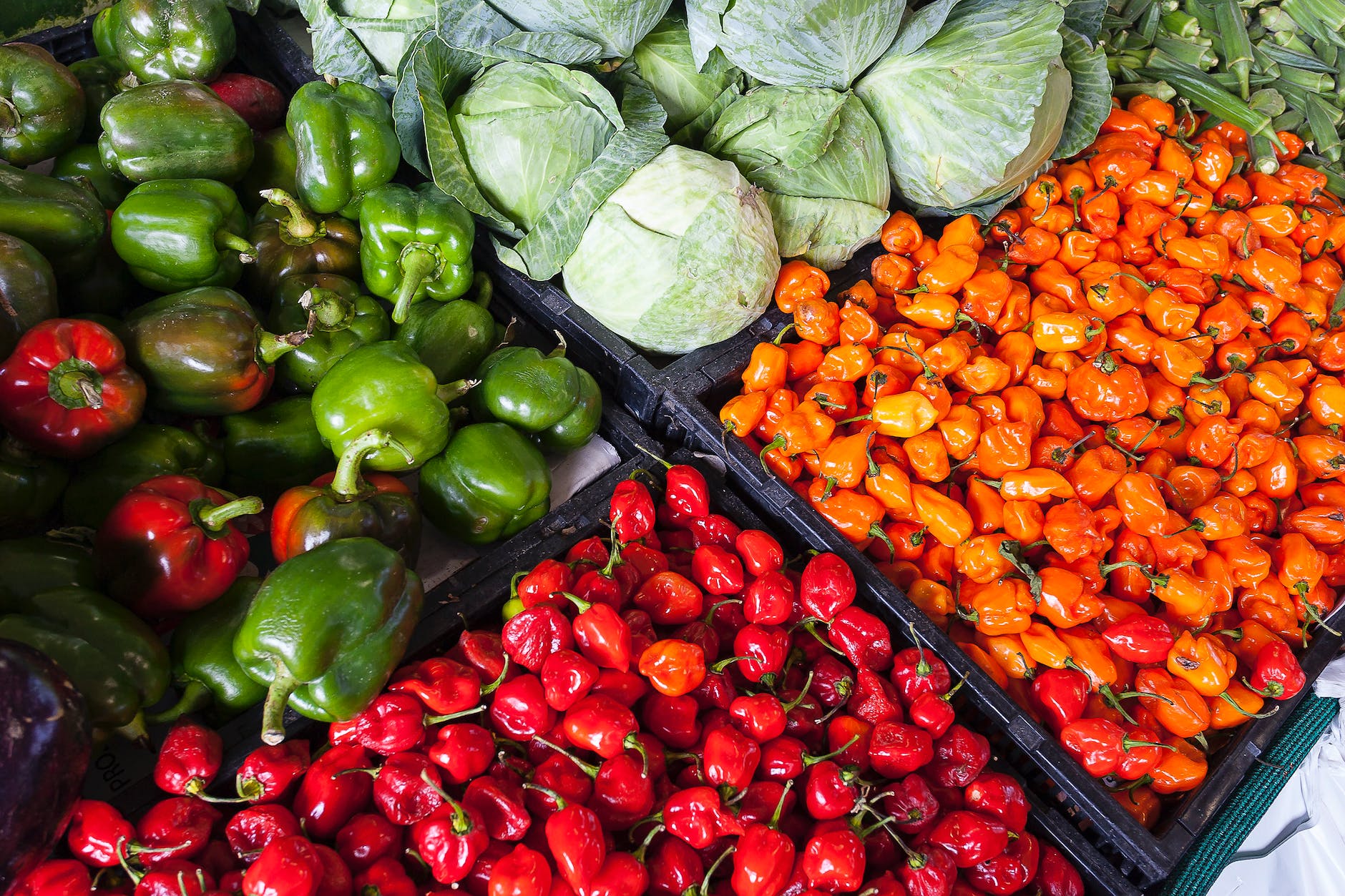In recent years, there has been a significant shift in consumer preferences towards organic food, driven by a growing desire for healthier and more sustainable food options. The term “organic” has become ubiquitous, but what does it really mean, and why is it important? In this comprehensive guide, we will delve deep into the world of organic food, unraveling its true essence, exploring its production methods, and examining the multitude of benefits it offers to both our health and the environment. So, join us on a journey from the farm to the table as we uncover the secrets of organic food and discover why it has become a preferred choice for conscious consumers worldwide.
I. Defining Organic Food:
Organic food is more than just a buzzword; it represents a holistic approach to farming and food production. To understand what organic food truly entails, we must first explore the criteria and regulations that govern organic certification. We will delve into the rigorous standards that organic farmers must adhere to, including the prohibition of synthetic pesticides, herbicides, and fertilizers. Furthermore, we will examine the essential aspect of organic food being free from genetically modified organisms (GMOs), highlighting the importance of natural, non-GMO ingredients in organic farming practices.
II. Benefits of Organic Food:
The decision to choose organic food goes beyond personal health; it extends to the well-being of our planet and the future of sustainable agriculture. In this section, we will explore the numerous benefits that organic food offers. We will delve into the potential health advantages of consuming organic food, including reduced exposure to harmful pesticides and higher nutrient content. Additionally, we will examine how organic farming practices promote environmental sustainability, such as improving soil health, preserving biodiversity, and conserving water resources. Lastly, we will discuss the ethical treatment of animals in organic farming, emphasizing the importance of animal welfare in the production of organic food.
III. Organic Food Production Methods:
To truly appreciate organic food, we must delve into the intricate methods employed in its production. This section will shed light on the essential aspects of organic farming, such as soil management techniques that enhance fertility and maintain nutrient balance. We will explore the natural approaches used for pest and weed control, including biological controls and cultural practices that minimize harm to the environment. Furthermore, we will emphasize the significance of crop diversity in organic farming, explaining how it fosters ecological balance and resilience.
IV. Organic Labels and Certifications:
With the rise in popularity of organic food, understanding organic labels and certifications becomes paramount. We will delve into the various organic labels and logos found on food products, deciphering their meanings and ensuring consumers can make informed choices. We will also emphasize the importance of supporting local and small-scale organic producers, exploring the benefits it brings to local economies and communities.
V. Debunking Myths and Misconceptions:
As with any topic, myths and misconceptions surround organic food. This section will debunk common misconceptions and address concerns related to organic versus conventional farming. We will provide evidence-based information to dispel myths surrounding the affordability and accessibility of organic food, shedding light on ways to make it more attainable for all consumers.
VI. Incorporating Organic Food into Your Diet:
Embracing organic food is not just about making choices at the grocery store; it is a lifestyle that extends beyond the kitchen. We will provide practical tips on how to incorporate organic food into your diet, such as frequenting farmers’ markets and participating in Community Supported Agriculture (CSA) programs. Additionally, we will explore the joys and benefits of growing your own organic produce, empowering readers to cultivate their own gardens and reconnect with the origins of their food. Finally, we will guide readers on how to read labels effectively and make informed choices when purchasing organic products.
Conclusion:
Choosing organic food is a powerful statement that reflects our commitment to personal well-being, environmental sustainability, and the overall betterment of our food system. By understanding the principles and benefits of organic food production, we can make informed choices that positively impact our health and the planet. From supporting local farmers to cultivating our own organic gardens, each step we take brings us closer to a healthier, more sustainable future. So, let us embark on this journey from the farm to the table and relish the delicious rewards that organic food brings.
